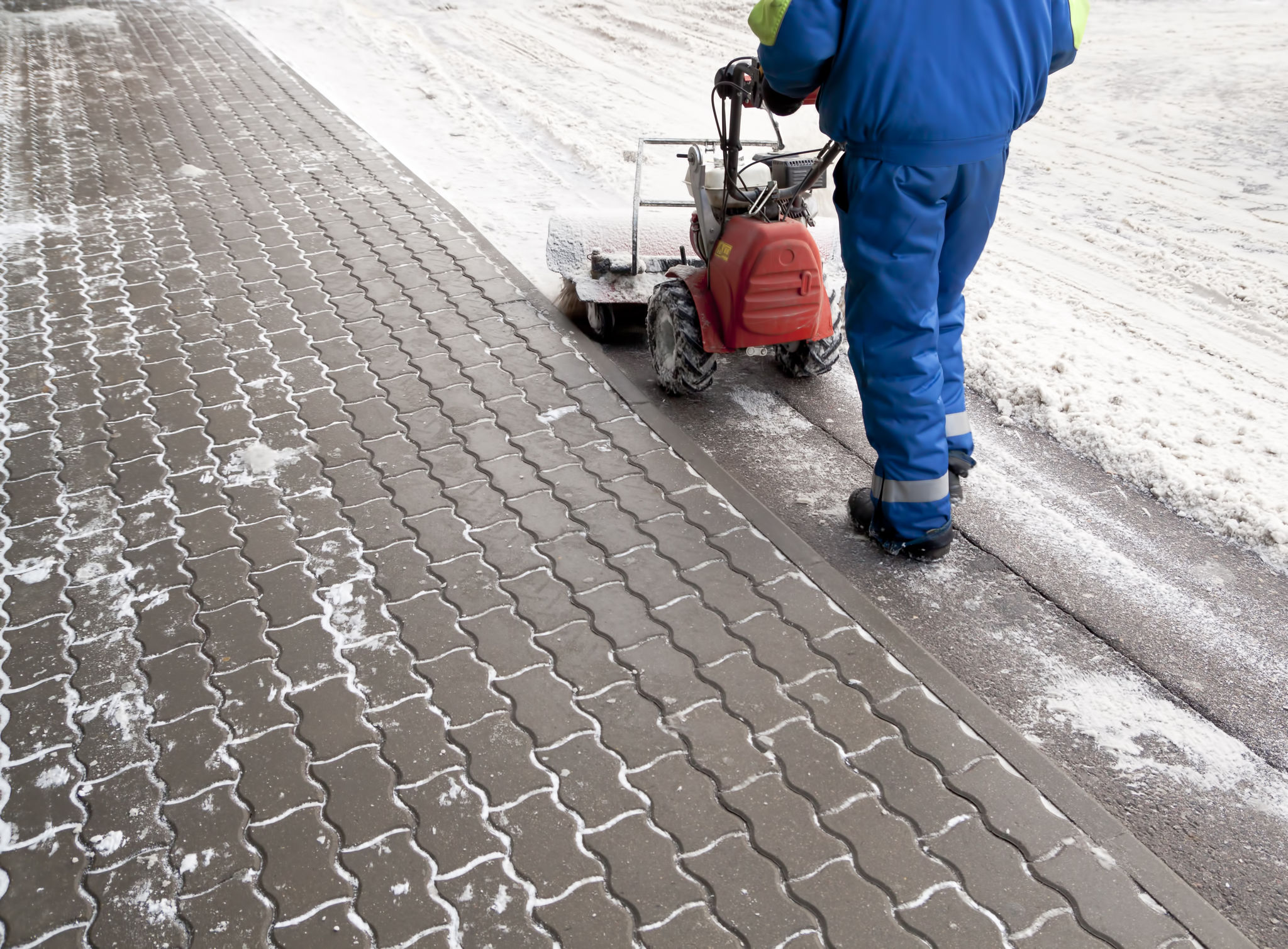Preparing Your Facility for Winter: Essential Maintenance Tips for Lynnfield
Inspect and Maintain Your Heating System
As winter approaches, ensuring your heating system is in top condition is crucial. Start by scheduling a professional inspection and maintenance service. This will help identify any potential issues that could lead to costly repairs or breakdowns during the colder months. Regular maintenance can also improve the efficiency of your heating system, saving you money on energy bills.
During the inspection, ask the technician to check and clean the furnace, replace any worn-out parts, and inspect the ductwork for leaks. Additionally, make sure to replace the air filters regularly to maintain optimal airflow and air quality within your facility.

Insulate Your Facility
Proper insulation is key to keeping your facility warm and energy-efficient during winter. Check the insulation in your walls, attic, and crawl spaces to ensure it meets the recommended R-value for your area. If necessary, add more insulation to prevent heat loss and reduce your heating costs.
Seal any gaps or cracks around windows, doors, and other openings with weatherstripping or caulk. This will help keep cold air out and warm air in, making your facility more comfortable for employees and visitors alike.
Prepare Your Plumbing
Frozen pipes can cause significant damage to your facility, leading to expensive repairs and disruptions. To prevent this, insulate any exposed pipes, especially those in unheated areas like basements and crawl spaces. You can use foam pipe insulation or heat tape to protect your pipes from freezing temperatures.
Additionally, make sure to disconnect and drain any outdoor hoses and shut off the water supply to exterior faucets. This will help prevent water from freezing and expanding, which can cause pipes to burst.

Maintain Your Roof and Gutters
Your roof and gutters play a crucial role in protecting your facility from winter weather. Inspect your roof for any damaged or missing shingles and have them repaired or replaced as needed. This will help prevent leaks and water damage during snow and ice storms.
Clean your gutters and downspouts to ensure proper drainage and prevent ice dams from forming. Ice dams can cause water to back up under your roof, leading to leaks and structural damage. Consider installing gutter guards to keep debris out and reduce the need for frequent cleaning.
Ensure Adequate Lighting and Safety Measures
With shorter daylight hours in winter, adequate lighting is essential for the safety of your employees and visitors. Check all exterior and interior lighting to ensure it is functioning properly. Replace any burnt-out bulbs and consider upgrading to energy-efficient LED lights.
Additionally, keep walkways, parking lots, and entrances clear of snow and ice. Use snow removal services or assign staff to regularly clear these areas and apply salt or sand to improve traction. This will help prevent slips and falls, reducing the risk of injuries and liability claims.

Stock Up on Winter Supplies
Having the right supplies on hand can make a big difference in how smoothly your facility operates during winter. Stock up on essentials like ice melt, shovels, and snow blowers to ensure you are prepared for any weather conditions. Additionally, consider keeping extra blankets, space heaters, and emergency kits in case of power outages or other emergencies.
Regularly check your supplies and replenish them as needed throughout the winter season. This will help you stay prepared and minimize disruptions to your facility's operations.
Review and Update Your Emergency Plan
Winter weather can be unpredictable, so it's important to have a comprehensive emergency plan in place. Review your existing plan and update it as needed to address any potential winter-related hazards. Ensure all employees are familiar with the plan and know their roles and responsibilities in case of an emergency.
Conduct regular drills to practice your emergency procedures and identify any areas for improvement. Having a well-prepared emergency plan can help you respond quickly and effectively to any winter-related incidents, minimizing the impact on your facility and its occupants.

Conclusion
Preparing your facility for winter is essential to ensure the safety and comfort of your employees and visitors. By following these maintenance tips, you can help prevent costly repairs, improve energy efficiency, and maintain smooth operations throughout the colder months. Start your winter preparations early to give yourself plenty of time to address any issues and make necessary improvements.
Remember, a well-maintained facility is better equipped to handle the challenges of winter weather. Take proactive steps now to protect your investment and keep your facility running smoothly all season long.
